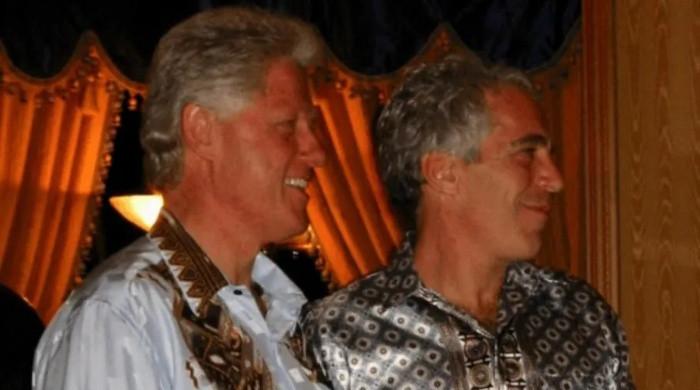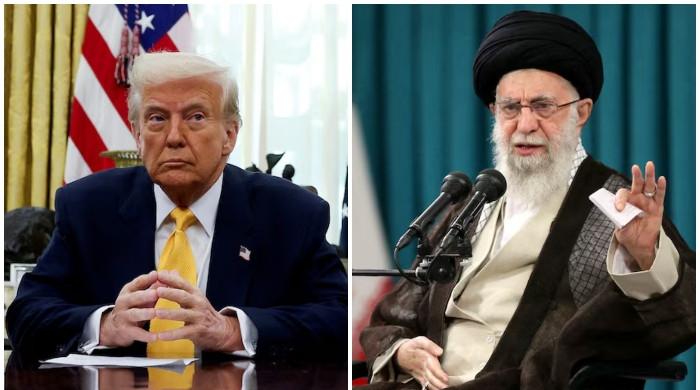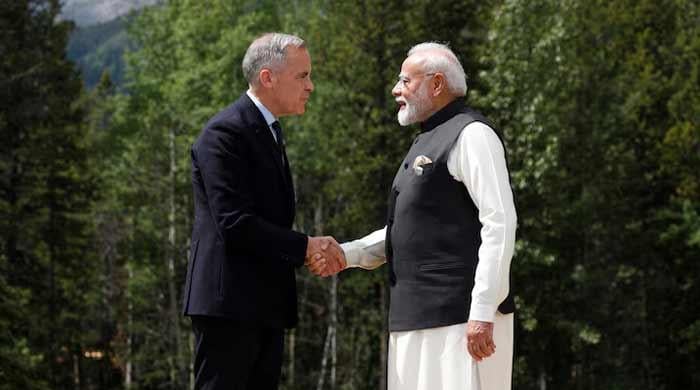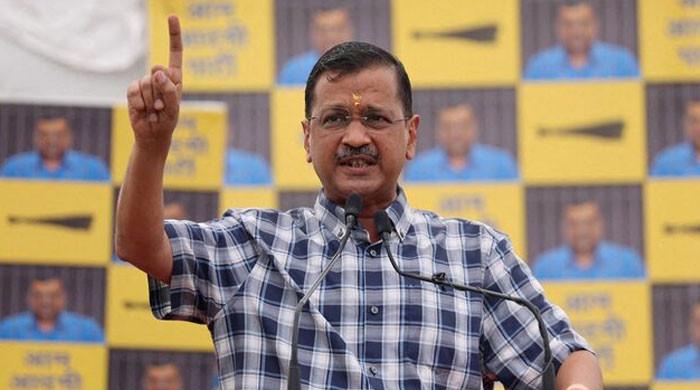How long could the Iran-Israel war last?
Iran's counterattack reportedly overwhelmed Israel's Iron Dome defences signalling its capacity to hit back
June 14, 2025
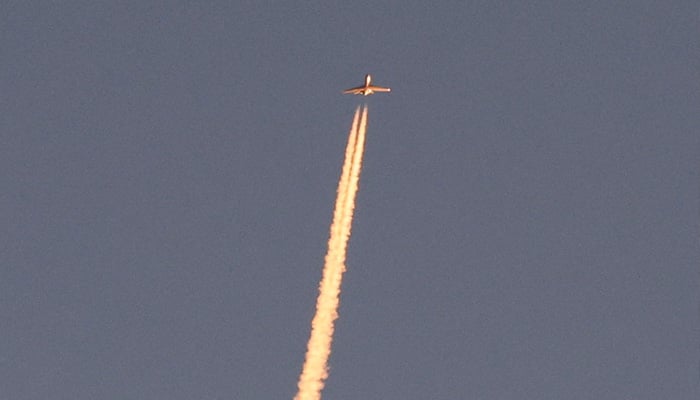
The Middle East found itself plunged into a perilous new chapter of war following an unprecedented escalation of hostilities between Israel and Iran on Friday.
What began as a targeted Israeli bombing raid against Iran's senior military leadership and top nuclear scientists has quickly spiralled into a full-blown conflict, with both sides exchanging significant blows and the future of regional stability hanging in the balance.
The initial Israeli strikes, launched last night, were described by some as a "tactical triumph."
Reports indicate that the heads of both Iran's entire military and its Revolutionary Guards were killed in the opening hours, and Iranian air defences suffered a massive hit. Israel reportedly incurred minimal losses and faced no immediate major retaliation in the initial phase.
However, the situation dramatically shifted later on Friday night, when Iran launched a barrage of missiles across Israel. This counterattack reportedly overwhelmed Israel's Iron Dome defences.
While the full extent of the damage from Iran's retaliatory strikes remains unclear, it signals Iran's capacity to hit back despite initial setbacks.
Israeli officials, including Prime Minister Benjamin Netanyahu, have indicated that their strikes will continue for "days, if not weeks," signalling a commitment to an open-ended regional war for the future, Israel's YNet News reported.
This declaration has intensified concerns about the long-term implications and the potential for regional destabilisation.
As the conflict unfolds, experts have highlighted the profound uncertainty surrounding its potential outcomes.
Karim Sadjadpour, an Iran expert at the Carnegie Endowment for International Peace, said, "We know from history the full impact of Israel's attack on Iran will take years to unfold. It could prevent an Iranian bomb or ensure one. It could destabilise the [Iranian] regime or entrench it."




